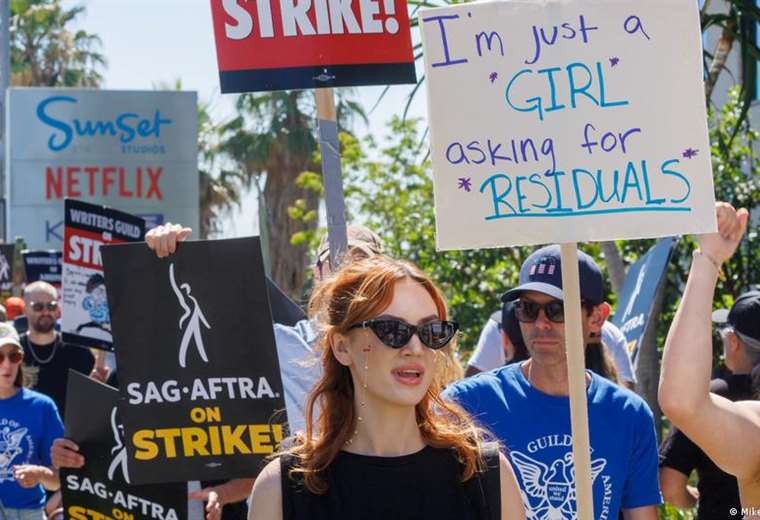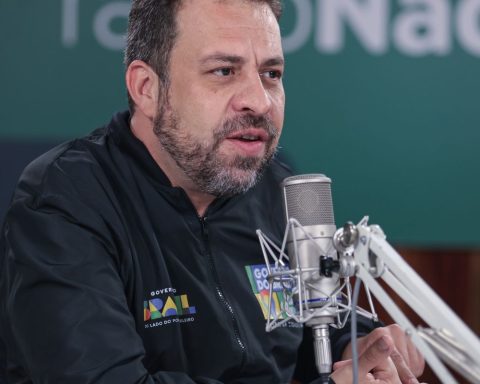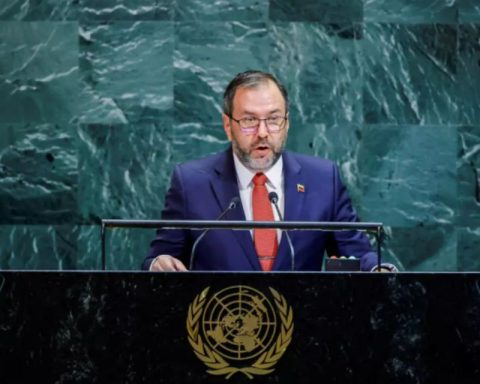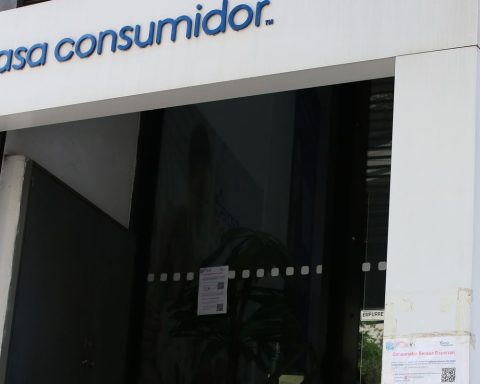July 20, 2023, 4:25 PM
July 20, 2023, 4:25 PM
The dream factory is paralyzed. Hollywood scriptwriters have been on strike since May. In mid-July, actors and actresses also stopped working. Interrupted shooting of movies and series, abandoned premieres, canceled interviews: the effects of unemployment are being felt all over the world. To the strikers, after the pandemic, inflation and the triumph of the security services streamingthey are not only concerned about adequate wages: they demand, above all, protection against artificial intelligence (AI).
In fact, AI could soon be a game changer in the film industry. The associations of actors and screenwriters are alarmed. Bots like ChatGPT could soon write scripts whole, fear the writers. Actors fight for the right to their own image and voice: modern algorithms can create a digital image of an actor or actress. In theory, these images could be used as many times as desired, without paying additionally. The same goes for voice actors and synchronization professionals. The concerns of the creatives are great.
There is a great solidarity with American colleagues in Europe, also because the situation of creatives is similar everywhere: not everyone in Hollywood belongs to the handful of top earners, like Meryl Streep or Leonardo DiCaprio, who rake in tens of millions per film. Most creatives and actors struggle from job to job to pay rent and health insurance.
The machine “cannot go deep”
What does ChatGPT offer that a real author can’t? “Given the right specifications, the software can investigate at high speed, prepare proposals, create initial templates, initial texts and even build scenes and dialogues”, says Jan Herchenröder, general director of the German Scriptwriters Association. But there is something that the machine cannot do: “It cannot go deep. Not yet,” says Herchenröder.
When it comes to developing a script for a feature film, or a single episode, involving human characters in conflicts or emotional situations, the show fails. What is frightening, he says, is the efficiency of the algorithms: “The time it normally takes to develop a plot is considerably shortened. And everything that it is faster in terms of time it costs less”. The producers know it.
From an artistic point of view, urgently needed standards for film production AI powered. Even the massive data feed of the AI program with existing texts, images, and sounds is nothing more than a “gigantic global foray by the transatlantic tech giants.”
Creatives demand a remuneration system
Authors should receive compensation, also retroactively. For this, transparency is necessary. And a remuneration system: “So that legally protected works that are used to train artificial intelligence are also remunerated,” says Herchenröder. Organized actors demand something similar, as Hans-Werner Meyer, member of the board of the Berlin Federal Actors Association (BFFS) emphasizes.
But who will give the film industry new rules for the AI age? And if those rules come too late? “Politics has woken up and has become active”says Herchenröder, referring to the planned European “Artificial Intelligence Law” (AI Act). “The technology is there, protective fences are needed for its use.” Who decides if AI is used and, if so, in what way? Of course, sovereignty over the use of AI should remain with the authors, he says. “We just assume that viewers will continue to want their world to be narrated by human beings in the future.”
















